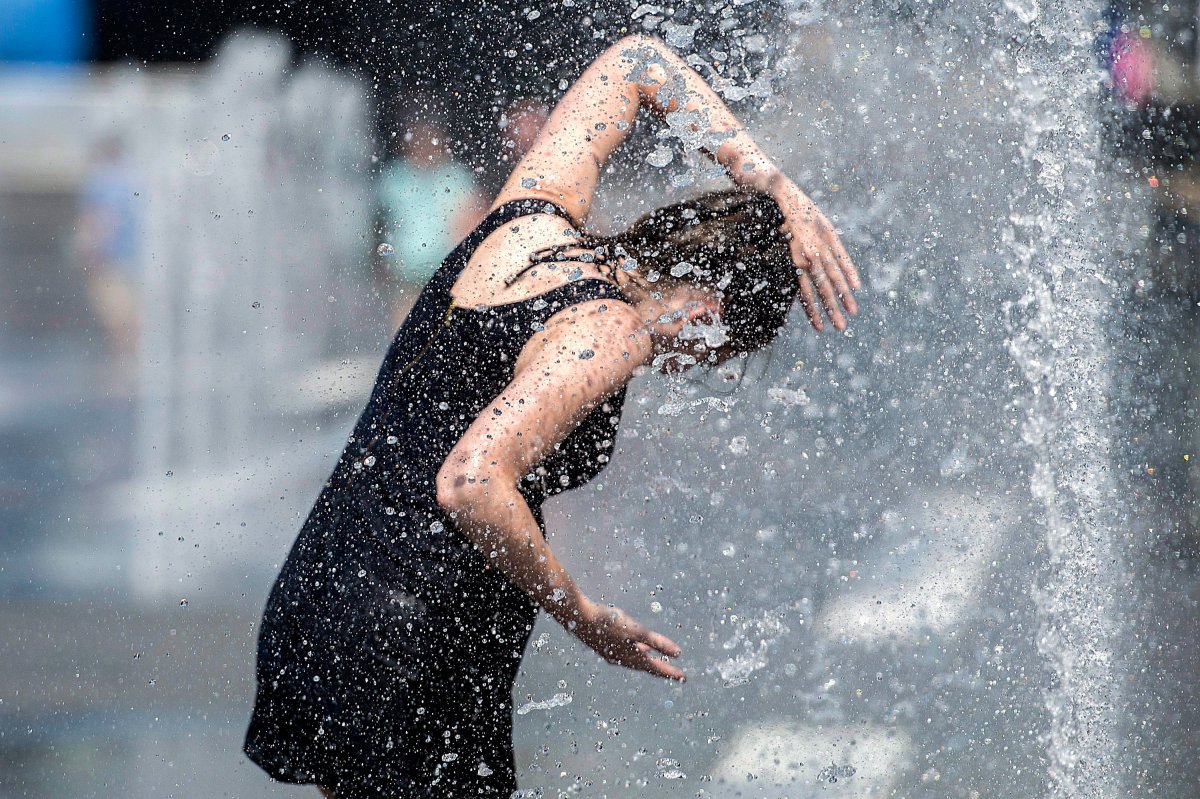Quebec health authorities say that up to 70 deaths have been linked to the recent heat wave that gripped the province for nearly a week.

While the muggy temperatures have since returned to seasonal norms, the blistering heat reached more than 40 with the humidex some days throughout Quebec.
READ MORE: Heat-related deaths seem concentrated in Quebec, but there’s more to the story
In Montreal, 34 people died from heat-related complications. Another five deaths in Laval and nine in the Montérégie have also been attributed to the weather.
Authorities in the Eastern Townships, east of Montreal, also confirmed at least nine deaths.
Health officials also linked at least three deaths in the Quebec City area and eight deaths in the Mauricie region to the heat.
The province says it will no longer be giving updates on heat-related deaths because “the situation is back to normal.”
WATCH ABOVE: Do you know the signs of dehydration?
Public health director Horacio Arruda said last week, most of those who died were members of vulnerable communities, such as people who lived alone or had chronic or mental illness.
The majority of them were men between ages of 53 and 85. Most of them did not have access to air conditioning in their homes.
As of Monday, Quebec Premier Philippe Couillard says no patients died in government-run health-care centres.
READ MORE: Heat wave smashes records around the world — a look at the sizzling temperatures
The rising death toll prompted the Montreal’s public health department to have first responders to go door-to-door to check up on residents in the city. Police officers and firefighters visited at least 25,000 homes by Thursday evening.
“What we are trying to do with our action plan is to reduce those deaths and prevent most of them but it’s impossible to prevent all of them,” said Dr. Mylène Drouin, public health director general of the Montreal region.
The city also extended pool and splash pad hours to give Montrealers a place to cool off.
During the heat wave, both the city and the province asked people to check up on loved ones or neighbours who live alone.
—with files from Global’s Rachel Lau and the Canadian Press


Comments